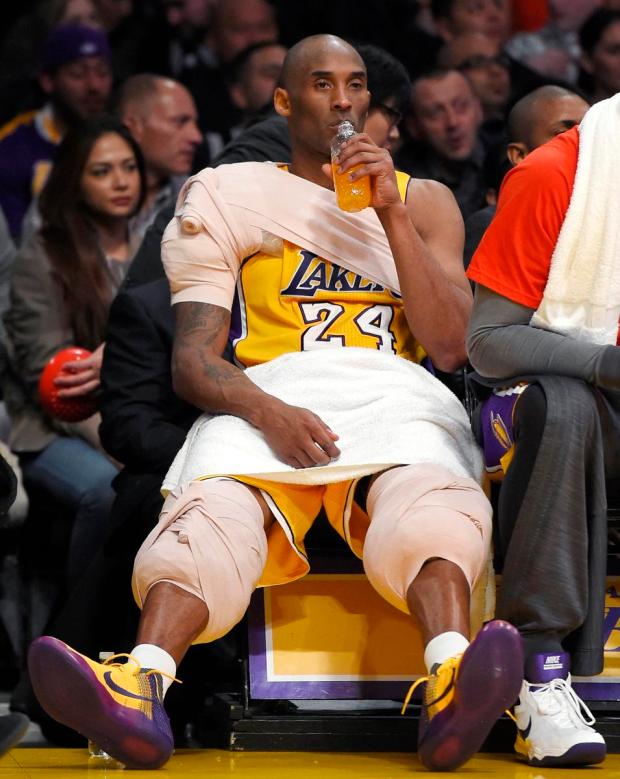Well, it is not really fake, I believe we just have a very fake understanding of talent that is widely accepted as truth but infact is false and has dire consequences
Talent: The great paradox.
Paradox in that it exists and equally it is something of a myth.
Well, it is not really fake, I believe we just have a very fake understanding of talent that is widely accepted as truth but infact is false and has dire consequences
In the situation where both were largely unknown, the general interpretation is that B is a huge talent! Or B is a genius or some other related narration
Perhaps B had a great teacher and A had a poor one?
Perhaps B just put in more effort into honing their craft than A?
In the 'mundanity of excellence' (a paper released on researching swimmers), the author argues basically that excellence isn't just one thing, it is a combination of little factors here and there
More from Sport
It's Sunday, Fed blackout, am recovering from soccer match, sipping on double espresso, so of course a perfect time to take on Tyler Cowen here. 🙂
Like many people, I enjoy reading Tyler's blog. But there are times (alright, many times) I disagree with him. This is no big deal. I also disagree with myself sometimes (especially my past self). But his recent post left me
What is he trying to say here? After thinking about it for a bit, I think he's critiquing the idea that "running the economy hot" leads to employment *and* real wage gains. Perhaps the former, but only at the expense of the latter. At least, this is what a textbook IS-LM model
tells us if one "runs the economy hot" through increased fiscal stimulus (on consumption and transfers, not public infrastructure investment). If this is what he meant, then he should have just said so, instead of labeling this a "Keynesian" proposition.
In fact, this property follows as a *neoclassical* proposition that is embedded in the IS-LM framework. (For non-economists, note that Keynes did not invent IS-LM; the framework was developed later by Hicks as an interpretation of *some* parts of the General Theory.)
It is hardly phony, especially on social media, to refer to IS-LM models and the like as \u201cKeynesian.\u201d Krugman pushing it and, for better or worse, rising in popularity.
— tylercowen (@tylercowen) January 17, 2021
Like many people, I enjoy reading Tyler's blog. But there are times (alright, many times) I disagree with him. This is no big deal. I also disagree with myself sometimes (especially my past self). But his recent post left me
What is he trying to say here? After thinking about it for a bit, I think he's critiquing the idea that "running the economy hot" leads to employment *and* real wage gains. Perhaps the former, but only at the expense of the latter. At least, this is what a textbook IS-LM model
tells us if one "runs the economy hot" through increased fiscal stimulus (on consumption and transfers, not public infrastructure investment). If this is what he meant, then he should have just said so, instead of labeling this a "Keynesian" proposition.
In fact, this property follows as a *neoclassical* proposition that is embedded in the IS-LM framework. (For non-economists, note that Keynes did not invent IS-LM; the framework was developed later by Hicks as an interpretation of *some* parts of the General Theory.)
























